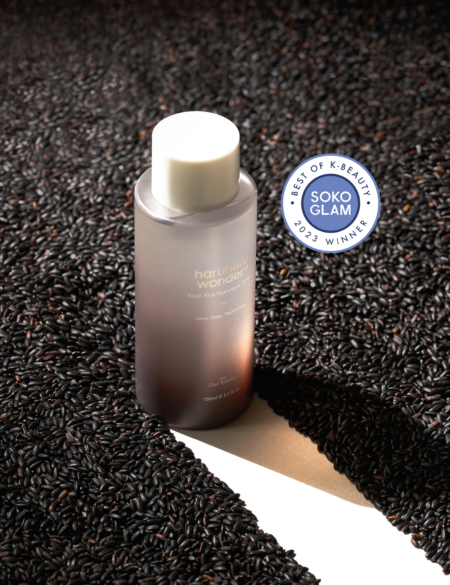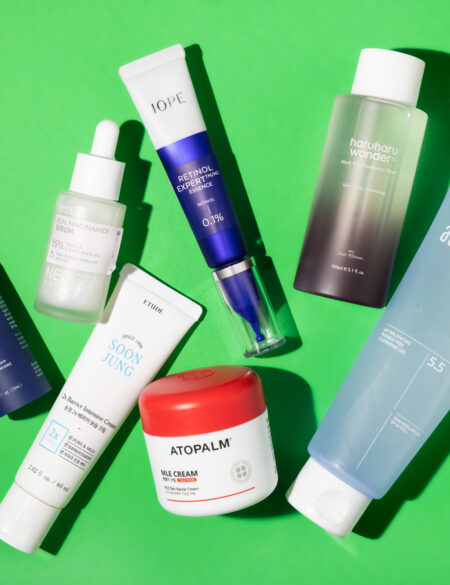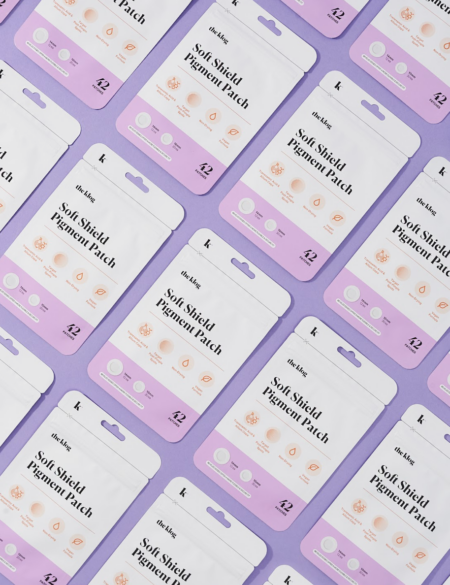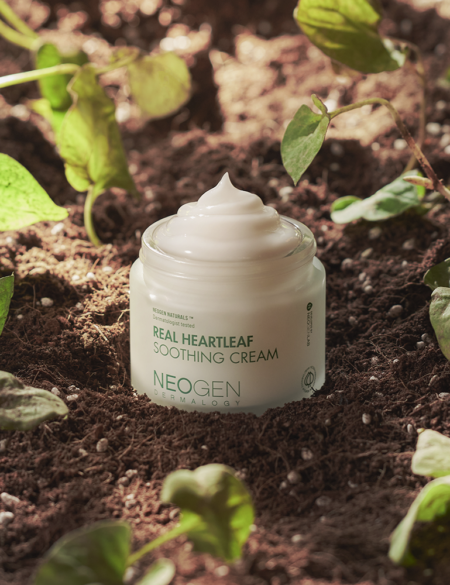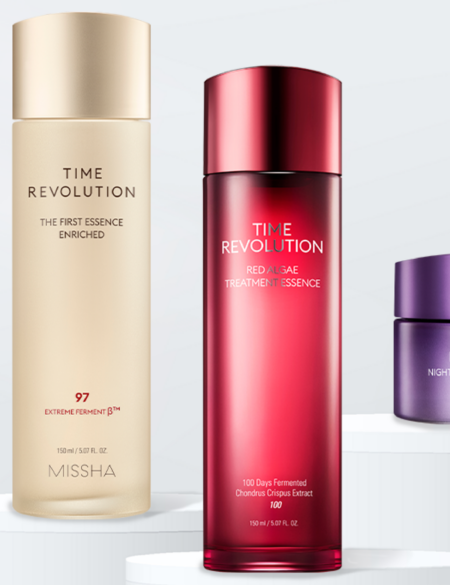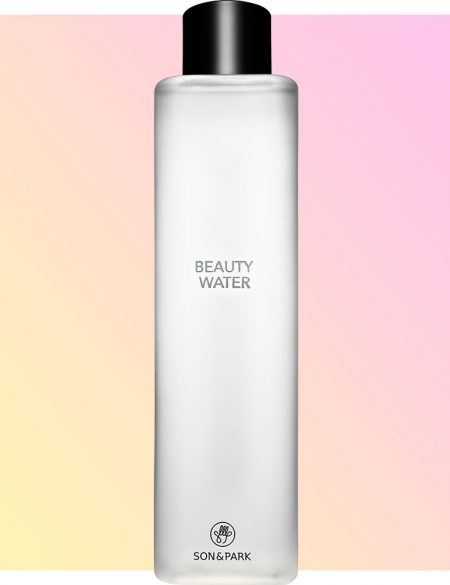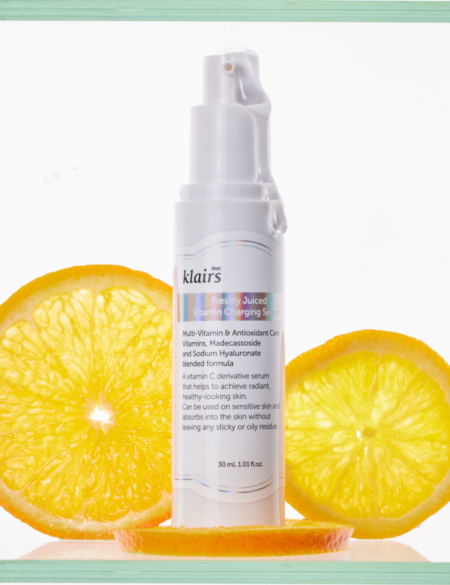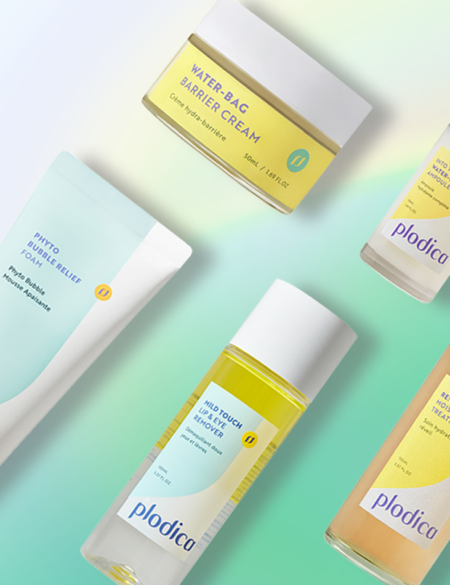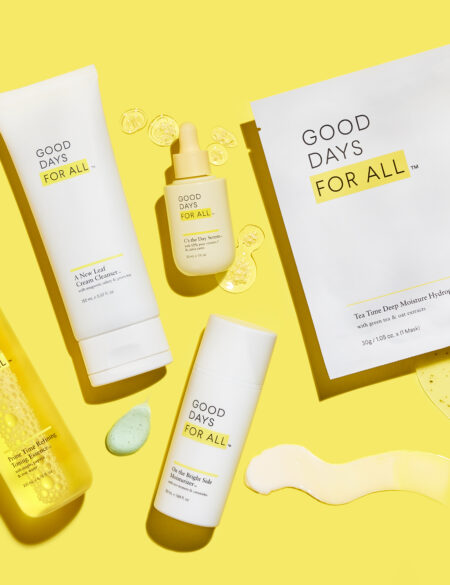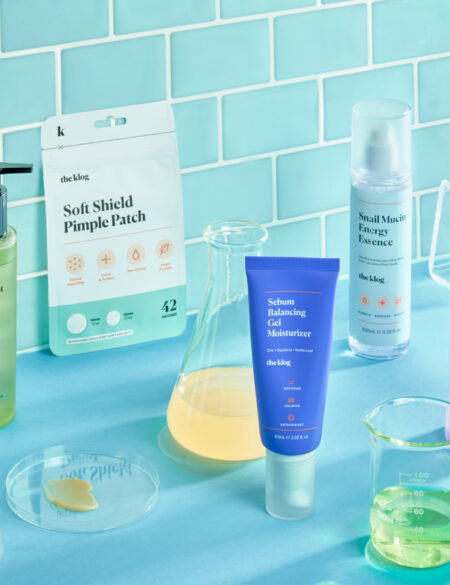There’s a lot of misinformation about sunscreen and SPF floating around the Internet. Here, we separate fact from fearmongering with the help of dermatologists.
There’s been a lot of fearmongering around sunscreen recently. One of the latest slams to sunscreen is that it actually increases all-cause mortality by preventing us from getting enough Vitamin D. Although the article in question, published by Outside last month, is compelling, it has multiple problems regarding the studies cited, its negligence in reporting confounding factors, and its complete omission of the fact that people not only use sunscreen to defend against skin cancer, but also for cosmetic reasons like anti-aging.
There have been so many good responses to this alluring yet wildly misleading article, that to write my own seems redundant. If you do, however, want to discuss the myriad problems I found with the piece, feel free to sound off in the comments, where I will gladly respond.
Another argument against sunscreen is that the chemicals found in it can cause cancer, hormonal disruptions, and all sorts of other nasty situations.
In my opinion, there’s a certain amount of overlap between the clean/natural/non-toxic beauty movement and the increased skepticism around sunscreen. Bringing those two together, I’ve seen some disturbing claims regarding DIY and “natural SPF” all over the internet, and it makes me want to scream.
To get to the bottom of this situation, I consulted with both my mom, Dr. Vivian Bucay, a board-certified dermatologist based in Texas, and her wonderful colleague, Dr. Rachna Bhandari, to find out what’s true and what’s false so we can make better, more informed decisions about our sunscreen usage.
Q: True or false, everyone needs to wear the same level of SPF protection?
A: False!
The skin itself has a natural SPF, in the form of melanin, and the amount of melanin you have pretty much determines how long you can be in the sun without causing damage to your skin. For example, I am like an egg, easy to overcook so I need an SPF 50 to be in the sun the same length of time as my first cousin, who will always tan before burning, and who can rock an SPF 30 no problem. People with darker skin types have a naturally higher baseline sun resistance, so they often require a lower SPF sunscreen to get adequate protection (I still say 30 is the minimum, but no need to be reaching for a bottle of SPF 100).
There are other factors that can affect how long you can stay out in the sun, too, including what you’re wearing and your environment. A tightly woven organic denim shirt, for example, provides sun protection by physically blocking a certain degree of sunlight from hitting your skin. And being out on the water, a highly reflective environment, usually means it will take less time for your skin to respond than if you were on land. Bottom line, there are many factors that affect how your skin will interact with the sun, and SPF values are a way to guide yourself with sun protection.
Q: True or false, natural ingredients like coconut oil, carrot seed oil, and shea butter offer SPF protection?
A: True…but not enough to be used alone.
I’ve read (I see you, blogosphere) about people using ingredients like shea butter, or worse, coconut oil as sunscreen bases in homemade sunscreen recipes. Yes, it’s true that these ingredients have a certain SPF, but 1) they don’t meet the recommended minimum of SPF 30 for significant time spent outside, and 2) using an oil such as coconut oil, with its refractive properties, actually focuses light onto the skin and results in a higher concentration of UVA/UVB hitting the skin.
Furthermore, DIY sunscreens are unreliable, compared to their commercially produced counterparts, due to the quality and consistency of raw ingredients, formulation processes, and so on. I do not recommend using anything not tested and labeled by a regulatory body (I’m not saying it has to be the FDA, because that is American and maybe not your regulatory body of choice, but make sure it’s tested by a regulatory agency if it’s claiming a certain level of UVA/UVB protection) as sunscreen.
Things that are definitely NOT sunscreen? Vitamin C and antioxidants in general.
This is not to say, however, that antioxidants do not play a role in sun protection. The best sunscreens are formulated with some antioxidants in them, as the sun causes damage that produces free radicals, and the antioxidants go and scoop them up like miniature Mrs. Pacman. Furthermore, certain unstabilized chemical sunscreen filters can produce free radicals as they break down (which is what naturally happens when the sun hits them), so I recommend only looking for chemical sunscreens that contain an antioxidant in the formulation for what I call a neutral sunscreen, unless you know that the chemical sunscreen filter is stabilized in some way in the formulation.
Q: True or false, we should be concerned about chemicals in sunscreen?
A: This one’s a maybe.
There is a real (and worthwhile) concern about the safety of certain chemical (for lack of a better word) sunscreen filters, most notably about their hormone-disrupting effects and their negative effects on coral reef. Although some sunscreen ingredients have been banned in certain U.S. states for disruption of coral reefs, there’s simply not enough data on the hormone-disrupting effects of some sunscreen filters. This is to say, we just don’t know how much of an effect they have, let alone how harmful these effects are in the long term.
If, however, you are concerned about potentially hormone disrupting effects, the main filters to watch out for are oxybenzone and octinoxate. The good news is that avoiding them should get easier, as many sunscreen brands are moving away from these filters because they were banned by Hawaii, and other states may be following suit.
Clearly, the FDA has caught wind of consumers’ growing unease with sunscreens, and recently issued a press announcement proposing new regulations for product labeling, especially as it concerns ingredient safety.
I am all for education and transparency, and for taking ownership of what you put on your face.
Luckily for all of us, there are two UVA/UVB filters that are naturally-occurring and truly good for you: titanium dioxide and zinc oxide. I’m sure you’ve heard of them, yes? Zinc oxide is not only a formidable UVA/UVB filter, but it is also used in other things you may not expect, like calamine lotion, diaper creams, and even acne treatments. It is my UV filter of choice because it is anti-inflammatory as well as reliable.
Bottom Line
If you’re looking for a “natural” SPF, look to a natural beauty brand you trust, and make sure they’re including zinc and/or titanium dioxide in the formulation, along with some other favorite natural ingredients you love. Plenty of “natural” skincare brands make good sunscreens, and plenty of non-natural skincare brands still make excellent mineral sunscreen options, too. Beyond topical products, you can supplement your sun protection (without added chemicals!) by avoiding the sun during peak hours of 10 a.m. to 4 p.m., wearing a hat and protective clothing, and staying in the shade.



